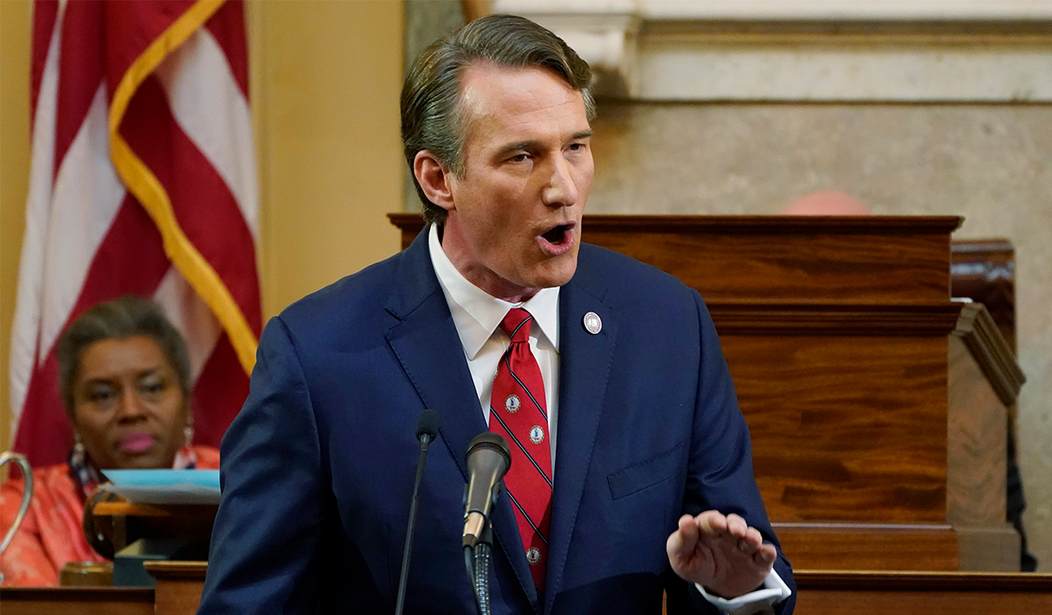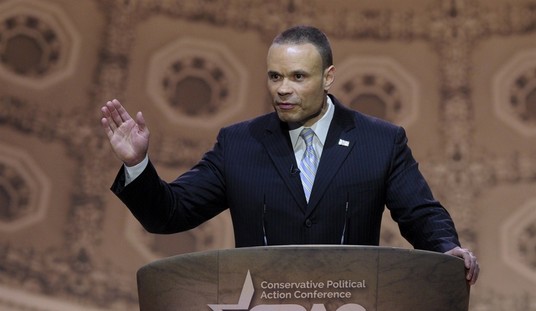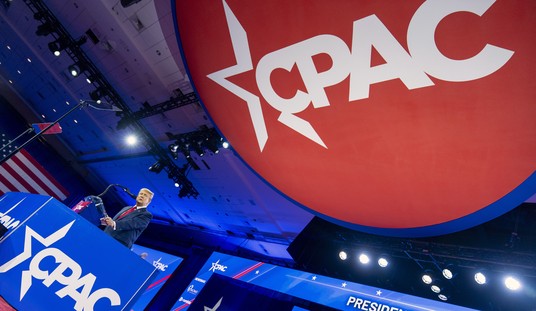Virginians won't have to fear that their governor will ever abuse his powers in the wake of any future emergencies such as the Wuhan coronavirus. This week, the commonwealth's Gov. Glenn Youngkin, a Republican, signed the bipartisan Senate Bill 4/House Bill 158, as well as Senate Bill 46, according to Tyler Arnold with The Center Square.
As Arnold wrote:
Youngkin signed Senate Bill 4 and House Bill 158, which are identical and limit the duration of any executive orders issued under the governor’s emergency powers during a state of emergency. Any rule, regulation or order imposed under that authority will only be valid for 45 days and the governor will be prohibited from enacting the same or a similar order after the time expires.
Once the 45 days expire, the mandates in the rule, regulation or order could only be extended if the General Assembly passed legislation to extend it. Del. Kathy Byron, R-Bedford, and Sen. Chap Petersen, D-Fairfax, sponsored their chamber’s version of the bill over concerns about the broad authority taken by former Gov. Ralph Northam during the COVID-19 pandemic and the length of time for which the orders were in effect.
The governor also signed Senate Bill 46, which would make it easier for a citizen to challenge an executive order during a state of emergency if it closes schools or businesses or restricts the movement of healthy people in the area in which it applies. Per the law, a person will be able to file a lawsuit with any circuit court to challenge such an order. The same rights, protections and procedures that would apply to a quarantine order from the State Health Commissioner will apply to those orders from the governor.
Youngkin had proposed amendments that would have watered down the bills, but the General Assembly rejected those amendments. The bills had bipartisan support.
Recommended
A report from Rogue Review highlighted an exlainer tweet from Greg Price as well.
NEW: Virginia Gov. Glenn Youngkin has signed SB 4 and SB 46, which states that any executive order issued by a governor during a state of emergency will only be valid for 45 days and makes it easier for citizens to challenge those orders if it closes schools or businesses.
— Greg Price (@greg_price11) June 1, 2022
Democratic governors, including Youngkin's predecessor, Gov. Ralph Northam, have certainly served as examples of what not to do. Macaulay Porter, the press secretary for Gov. Youngkin, referenced the previous administration in a statement for Townhall about the impact of these bills.
"The governor will continue to take action against overreach. Given the previous administration’s power grabs during Covid, he was pleased to limit the governor's emergency powers during a state of emergency and reiterate his commitment to a smaller government. He will continue to empower Virginians and their ability to challenge potential government overreach," she said.
It wasn't just Northam though, or former Gov. Andrew Cuomo (D-NY), who was forced to resign last August due to allegations of sexual misconduct, though there was a whole host of complaints and scandals, including how he handled the pandemic. Govs. Gavin Newsom (D-CA) and Gretchen Whitmer (D-MI) are still in power.
Due to Republicans controlling the state legislature in Michigan, though, and a favorable court decision allowing a voter initiative to pass, Gov. Whitmer saw her emergency powers come to an end last summer thanks to a repeal of the Emergency Powers of Governor Act,
























Join the conversation as a VIP Member